Analysis and commentary on the Network’s experiences coordinating climate-resilient development.
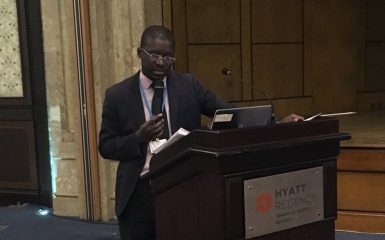
Cities as the New Protagonists of the National Adaptation Plan Process
By Arianna Flores Corral, Global Development Network
In recent years, municipal, local and regional governments’ voices have been heard loud and clear in climate change negotiations. But what is their role in the national adaptation planning process? Exciting conversations about answering this question took place at the recent NAP Expo—an annual outreach event organized by the Least Developed Countries Expert Group (LEG) […]
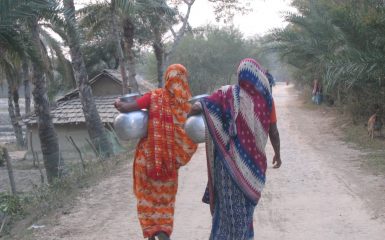
Gender and Climate Change Adaptation: A learning journey
By Angie Dazé, IISD
The first time I was exposed to the gender dimensions of climate change adaptation was almost 15 years ago in the southwestern region of Bangladesh. I was working on a community-based adaptation project—in those days, taking a locally driven approach to adaptation was innovative in and of itself! In these rural communities surrounded by mangroves […]
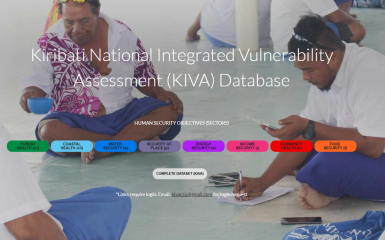
Canada Supports Adaptation in Four Pacific Island States
Canada supported in-country NAP programming in four Pacific islands, as well as peer learning and research on gender in NAP processes
The Canadian government, through Environment and Climate Change Canada, provided funding for in-country NAP support programs in Fiji, Kiribati, Tuvalu and Solomon Islands between April 2017 and March 2018. Canada also supported a Targeted Topics Forum attended by representatives from 21 countries, as well as the development of a series of knowledge products on how […]
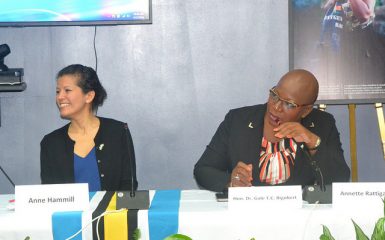
NAP Donor Symposium and Peer Learning Event
Representatives of the Governments of Saint Lucia and Saint Vincent and the Grenadines gathered at UN House in Barbados to present their National Adaptation Plans and priorities to members of the donor community who are active in the Caribbean. Parties discussed coordinated ways of supporting adaptation in both countries in the future. Following the launch […]
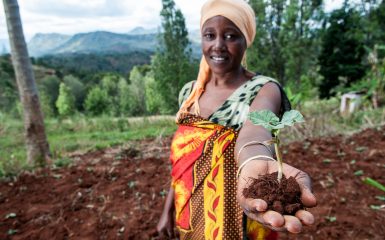
10 best-bet innovations for agriculture in National Adaptation Plans
By Fabian Verhage, CGIAR Research Program on Climate Change, Agriculture and Food Security (CCAFS)
This blog was originally published on CCAFS’s website. A degree of future climate change is inevitable, making adaptation measures indispensable. However, as many countries already face the challenges of poverty, hunger, gender inequality and unemployment, it is important to align adaptation and development efforts. To support this alignment, the Parties to the United Nations Framework Convention on […]
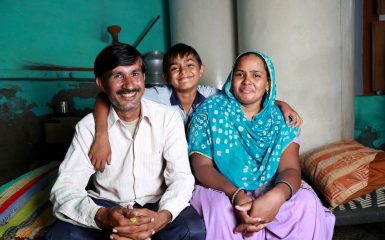
Report: Recommendations for more gender-responsive NAPs
Network analysis finds most countries making an effort to integrate gender considerations into their NAP documents, but common challenges remain.
The National Adaptation Plan (NAP) process is an important opportunity to address gender inequalities that influence vulnerability to climate change. The NAP Global Network has published Towards Gender-Responsive NAP Processes: Progress and Recommendations for the Way Forward, a report based on an analysis of all completed NAP documents available on NAP Central at the end […]
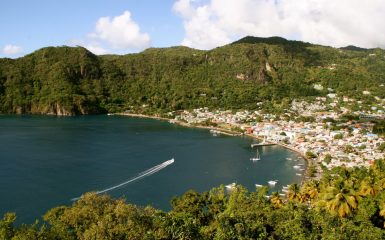
Saint Lucia Makes Strides in Planning for Adaptation to Climate Change
CASTRIES, APRIL 16, 2018 — The Government of Saint Lucia has prepared a national plan to prepare the country for the impacts of climate change. From April 16 to 17, national stakeholders will meet in Castries for the launch of Saint Lucia’s National Adaptation Plan (NAP). Government officials and creators (artists and performers) will also […]
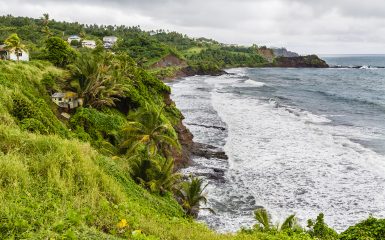
Saint Vincent and the Grenadines’ National Adaptation Planning
From April 10 to 12, national stakeholders met in Kingstown for the launch of Saint Vincent and the Grenadines’ National Adaptation Plan (NAP). Government officials and media also took part in a number of training programs related to climate change adaptation. On April 10, the Government launched its NAP document to Ministers and Parliamentarians at […]
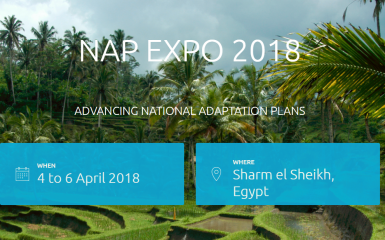
NAP Global Network at NAP Expo 2018
NAP Expo 2018 is taking place this week from April 4-6 in Sharm El-Sheikh, Egypt. The NAP Expo is an outreach event organized by the Least Developed Countries Expert Group (LEG) under the UNFCCC, in collaboration with various bodies and organizations, to promote exchange of experiences and foster partnerships between a wide range of actors and […]
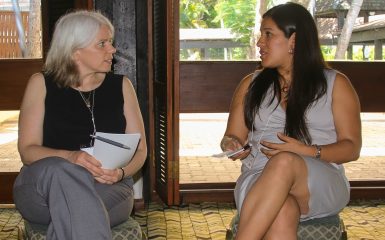
Gender-Responsive Adaptation in Peru
Interview with Ivonne Yupanqui Valderrama, Peru, on integrating gender into the National Adaptation Plan process.
In February 2018, the Government of the Republic of Fiji and the National Adaptation Plan (NAP) Global Network co-hosted workshops to emphasize why gender needs to be integrated into climate change planning and action. Angie Dazé from the International Institute for Sustainable Development and Maritza Ivonne Yupanqui Valderrama—Director General of Peru’s Department of Gender Mainstreaming […]

Fiji Adapts
By Clare Church, IISD
Climate adaptation specialists from across the globe gather to share lessons in Nadi Fiji Adapts
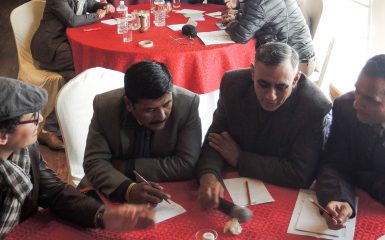
Advancing Nepal’s NAP Process: Key stakeholders reflect on progress and the way forward
Nepal holds interactive workshop on NAP formulation process
See also: Read the report Nepal’s National Adaptation Plan (NAP) Process: Reflecting on Lessons Learned and the Way Forward. Last week in Kathmandu, over 30 government, civil society and media representatives gathered to reflect on Nepal’s NAP process to date, and to identify priorities for the way forward. The workshop was opened by Ram Prasad […]